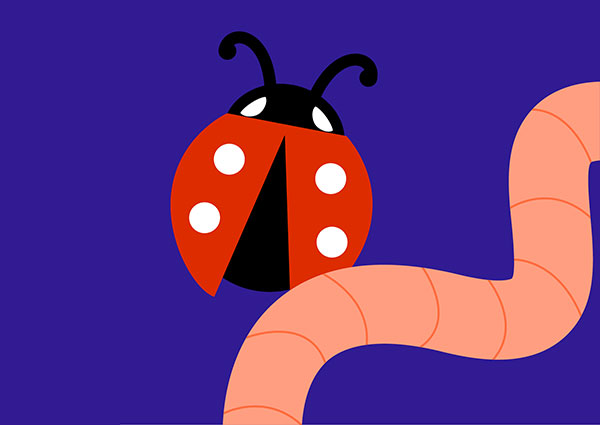A quick guide to What's Under Your Feet?
- 7-11s, 11-14s
- Biodiversity
Introduce our What's Under Your Feet campaign with this guide.
Discover the impact climate change is having on bird populations across the UK with this citizen science campaign. Produced in collaboration with the BTO this series of three activities will support your What’s under your feet? citizen science experiment.
Download (879 kb)
Science
Working scientifically:
Biology
The interdependence of organisms in an ecosystem, including food webs and insect pollinated crops as example
Science
Skills
Enquiry: planning, developing and reflecting; Communication.
Range - the interdependence of organisms and their representation as food webs, pyramids of numbers and simple energy-flow diagrams; how and why food webs are affected by environmental factors, e.g. light intensity, water availability, temperature, and their fluctuations
Science
Pupils will develop their inquiry, investigative and scientific analytical thinking skills.
Science
Develop skills in scientific methods of enquiry to further scientific knowledge and understanding: planning for investigations, obtaining evidence, presenting and interpreting results.
Organisms and Health: Interdependence of plants and animals.
(if delivering to more able younger pupils):
Science
Working scientifically:
Science
Skills – Enquiry: planning, developing and reflecting; Communication.
Range - through fieldwork, the plants and animals found in two contrasting local environments, e.g. identification, nutrition, life cycles, place in environment; the interdependence of living organisms in those two environments and their representation as food chains.
Science
The World Around Us
Interdependence:
How living things rely on each other within the natural world.
Place
Change over Time
Ways in which change occurs over both short and long periods of time in the physical and natural world.